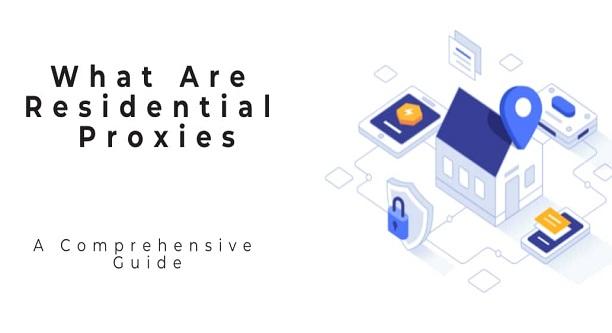How are Internet Search Engines changing us?

How are internet search engines changing the way we shop?
There is no question that local results are now more influenced by real-world data than ever before. This interactivity is how searchers engage and respond to local businesses, not just static (and playable) information like links and citations.
Some websites (most commonly in e-commerce) make the same content available on several different URLs by appending certain parameters to the URL. If you’ve shopped online before, you’ve probably used filters to narrow down your search. For example, you can search Amazon for “shoes” and refine your search by size, color, and style. After each optimization, the URL changes slightly:
Many beginners wonder about the relative importance of certain search engines. Most people know that Google has the largest market share, but how important is it to optimize for Bing, Yahoo, and others? The truth is, despite the existence of more than 30 major web search engines, the SEO community is really all about Google. Why? The short answer is that Google is where the vast majority of people search on the web. If we include Google Images, Google Maps, and YouTube (property of Google), over 90% of all web searches happen on Google—almost 20 times as many searches as Bing and Yahoo combined.
How are internet search engines changing our lives?
Search engines are now part of our everyday lives and one of the most important tools for billions of Internet users around the world. From finding the best pizzeria in town to blockchain technology, people are increasingly relying on search engines to answer their everyday questions.
Everything we know about web search is constantly changing. New devices are introduced every day, changing the way we access information. No longer do we have to sit down with a laptop and type a topic into a browser to find relevant information. When we think about the things we need to know right now, we have instant access to the information on our wearables. This portability changes everything, including our search behavior. So, to give you an idea of how our new search behavior is shaping the future, I’m going to give you an in-depth look at three different search technologies.
Since the first search engines were introduced almost 30 years ago, the tools available to us have changed radically. For more information on how search is evolving and where it is headed, see Microsoft Bing’s report “The Human Touch of Search.” Read the excerpt below:
How are internet search engines changing the way we think about information?
There is now a wealth of research on how searching for information online changes us. Studies have found that people with access to a search engine overestimate their intelligence and that people who read online are more likely to skim.
Search engines have fundamentally changed the way we consume news and learn about current events. In the past, people relied heavily on daily newspapers and TV/radio coverage. Today, however, we can simply browse a topic to find out why it’s trending. Search engines also allow us to comment on news, not just include it.
One way our search behavior has changed is not just the need for instant information, but the need for all the information available to us simultaneously on one page. This can be done with what is called a meta search. Unfortunately, no search engine can index every website on the internet, not even Google. Therefore, when you type the same search query on Google and Yahoo, you may get different results. Therefore, metasearch engines search the databases of several different search engines to bring you the results shown in the image below.
TOP Internet Search Engines
1. Google
2. Microsoft Bing
3. Yahoo
4. Baidu
5. Yandex
6. DuckDuckGo
7. Ask.com
8. Ecosia



